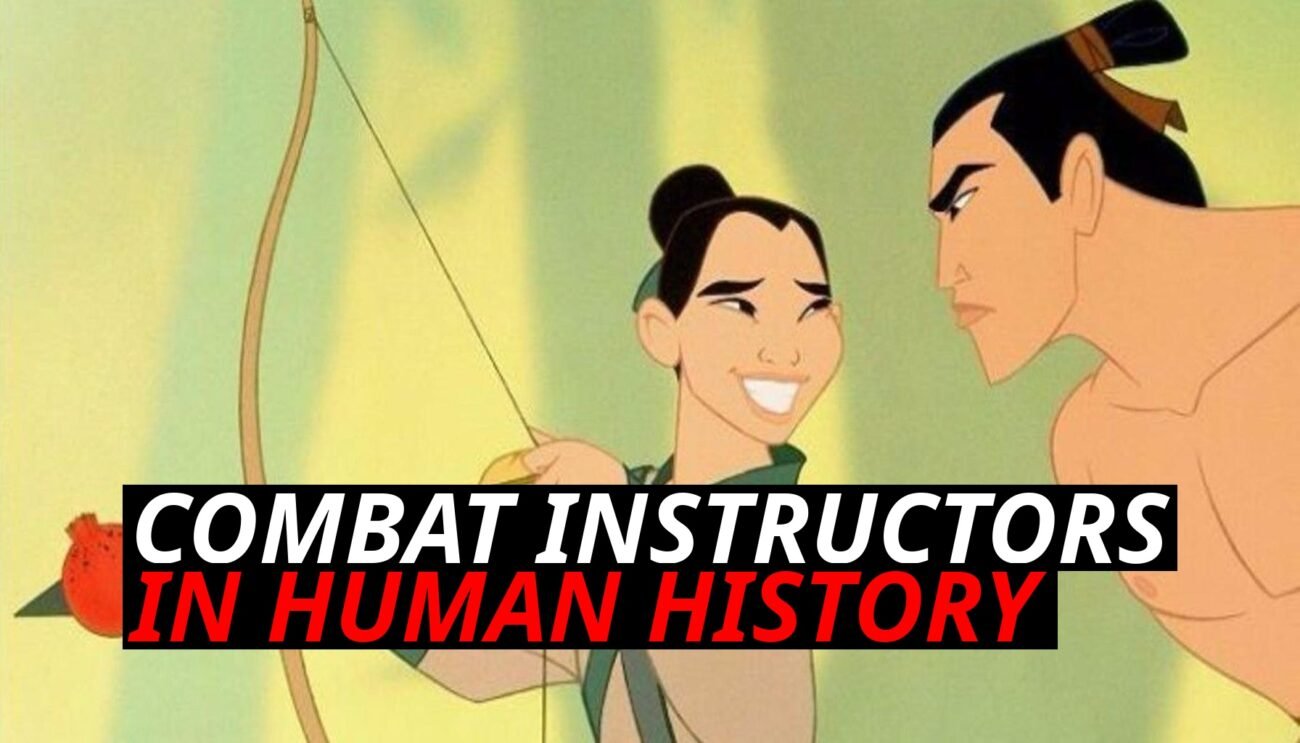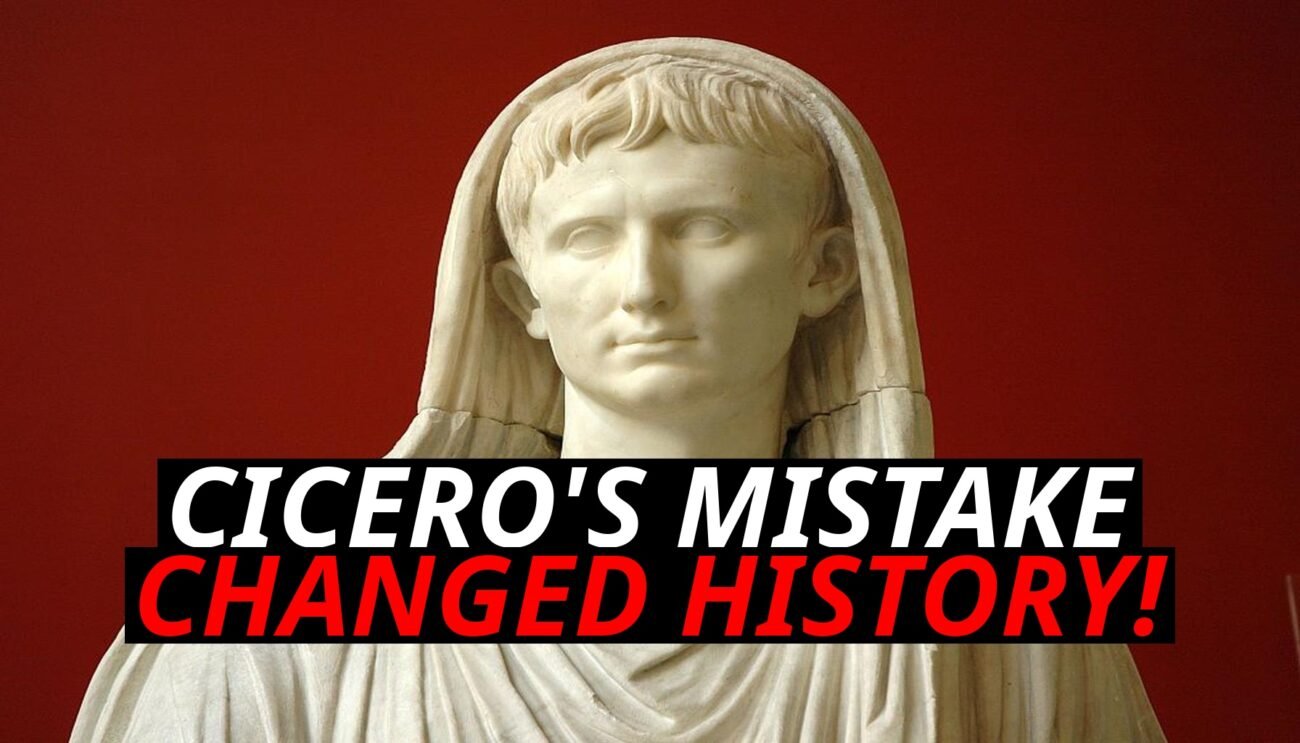Imagine being the most celebrated orator of your time, a master of political strategy who had once been hailed as the savior of the Roman Republic. Now imagine believing that you could shape the future of Rome by manipulating a young, seemingly inexperienced heir to Julius Caesar. This was the gamble Cicero took when he tried to use Octavian—the future Augustus—to defeat his rival, Mark Antony.
But in a stunning reversal, it was Cicero who got played. Octavian, far from being a naive teenager, outmaneuvered the great orator and secured his own rise to power, while Cicero’s ambition and miscalculation led to his brutal downfall.
Cicero’S Plan: Using Octavian Against Antony
After the assassination of Julius Caesar in 44 BCE, Rome was in chaos. Cicero, long an opponent of Caesar’s autocratic tendencies, saw an opportunity to restore the power of the Senate and crush his primary enemy, Mark Antony, who was positioning himself as Caesar’s successor. Antony, with the backing of Caesar’s veterans, was a formidable force, and Cicero knew he needed a powerful ally to stop him.
That ally came in the form of Octavian, Caesar’s 18-year-old adopted son and heir. Octavian had arrived in Rome shortly after Caesar’s death, and though he was young and relatively unknown, his claim as Caesar’s heir gave him instant political clout. Cicero believed he could mold Octavian to serve his own purposes—primarily to defeat Antony and restore the Republic.
In a series of speeches known as the _Philippics_, Cicero launched a fierce attack on Antony, casting him as a tyrant who threatened Roman liberty. At the same time, he supported Octavian, believing that he could use the young man as a tool to rally the Senate and the Roman legions against Antony. Cicero famously said of Octavian, _”He is to be praised, honored, and then discarded.”_ In his mind, Octavian was a means to an end—someone to be propped up temporarily until Antony was defeated, after which the Senate would retake control.
But Cicero vastly underestimated his supposed pawn.
Octavian’S True Intentions: More Than A Puppet
While Cicero believed he was manipulating Octavian, the young heir had his own ambitions. Far from being a mere tool of the Senate, Octavian had his sights set on consolidating power for himself. He understood that both Cicero and Antony stood in his way, and he masterfully played both sides to his advantage.
- Building His Own Army: One of Octavian’s first moves was to build his own military support base. He appealed directly to Caesar’s veterans, promising them the rewards they had been denied after Caesar’s death. These veterans, loyal to Caesar’s memory, quickly rallied to Octavian’s cause. Cicero, blinded by his desire to use Octavian against Antony, failed to see how Octavian was steadily building his own power base.
- Appealing to the Senate: At the same time, Octavian positioned himself as a defender of the Republic, aligning with the Senate against Antony. This won him Cicero’s public support and allowed him to gain favor with Rome’s political elite. But Octavian was playing a double game—he was more interested in securing his own power than restoring the Republic.
Cicero’S Miscalculation: Underestimating Octavian
Cicero’s belief that he could control Octavian was his fatal miscalculation. He saw Octavian as a young and inexperienced figure who would be grateful for Cicero’s guidance and the Senate’s backing. But Octavian, despite his youth, was a shrewd political operator. He understood that in order to secure his position as Caesar’s heir, he needed to eliminate both Antony and Cicero.
- Octavian’s Alliance with Antony: In a dramatic twist, Octavian shocked Cicero by forming an alliance with Antony and Lepidus, creating the Second Triumvirate. This was a masterstroke. With Antony now as his ally, Octavian had neutralized the Senate’s attempt to control him. The Second Triumvirate was a three-man dictatorship, and Cicero’s dreams of restoring the Republic were shattered.
- The Proscriptions: The new alliance quickly launched a campaign of proscriptions—a political purge of their enemies. Cicero, once one of the most powerful figures in Rome, found himself at the top of the hit list. Octavian, who Cicero had hoped to use as a pawn, now held the power to decide his fate. In 43 BCE, Cicero was captured and executed by Antony’s forces, with his severed hands and head displayed in the Roman Forum as a gruesome symbol of the Second Triumvirate’s control.
How Cicero’S Ambition Led To His Downfall
Cicero’s failure to recognize Octavian’s true ambitions was a classic case of political miscalculation. Cicero, driven by his desire to restore the Republic and destroy Antony, believed he was indispensable—that only he had the wisdom and authority to guide Rome through its crisis. This sense of indispensability blinded him to the real power dynamics at play.
- Misreading the Situation: Cicero’s belief that Octavian could be easily discarded once Antony was defeated showed how out of touch he was with the realities of Roman power. Octavian, far from being a malleable figurehead, was using Cicero and the Senate just as much as they were using him. Cicero underestimated the ambition and ruthlessness of Octavian, and by the time he realized his mistake, it was too late.
- Cicero’s Overconfidence: Cicero’s overconfidence in his ability to manipulate Octavian is a reminder of how political ambition can cloud judgment. Cicero, who had once been hailed as the savior of the Republic, believed that he could once again shape the destiny of Rome. But his desire to remain relevant and powerful led him to underestimate his opponents—and ultimately cost him his life.
Conclusion: The Manipulator Who Got Played
Cicero’s attempt to manipulate Octavian is one of the great ironies of Roman history. The man who had once stood as the Republic’s most eloquent defender believed he could control the young heir of Caesar, only to find himself outmaneuvered and eliminated. Octavian, far from being a puppet, proved to be a brilliant strategist who used Cicero’s support to rise to power and then cast him aside.
Cicero’s downfall is a classic lesson in political overreach. His ambition and belief in his own indispensability led him to make a fatal misjudgment. In the end, the manipulator got played, and the young Octavian went on to become Augustus, the first Roman emperor—cementing his place in history while Cicero’s political career ended in tragedy.













